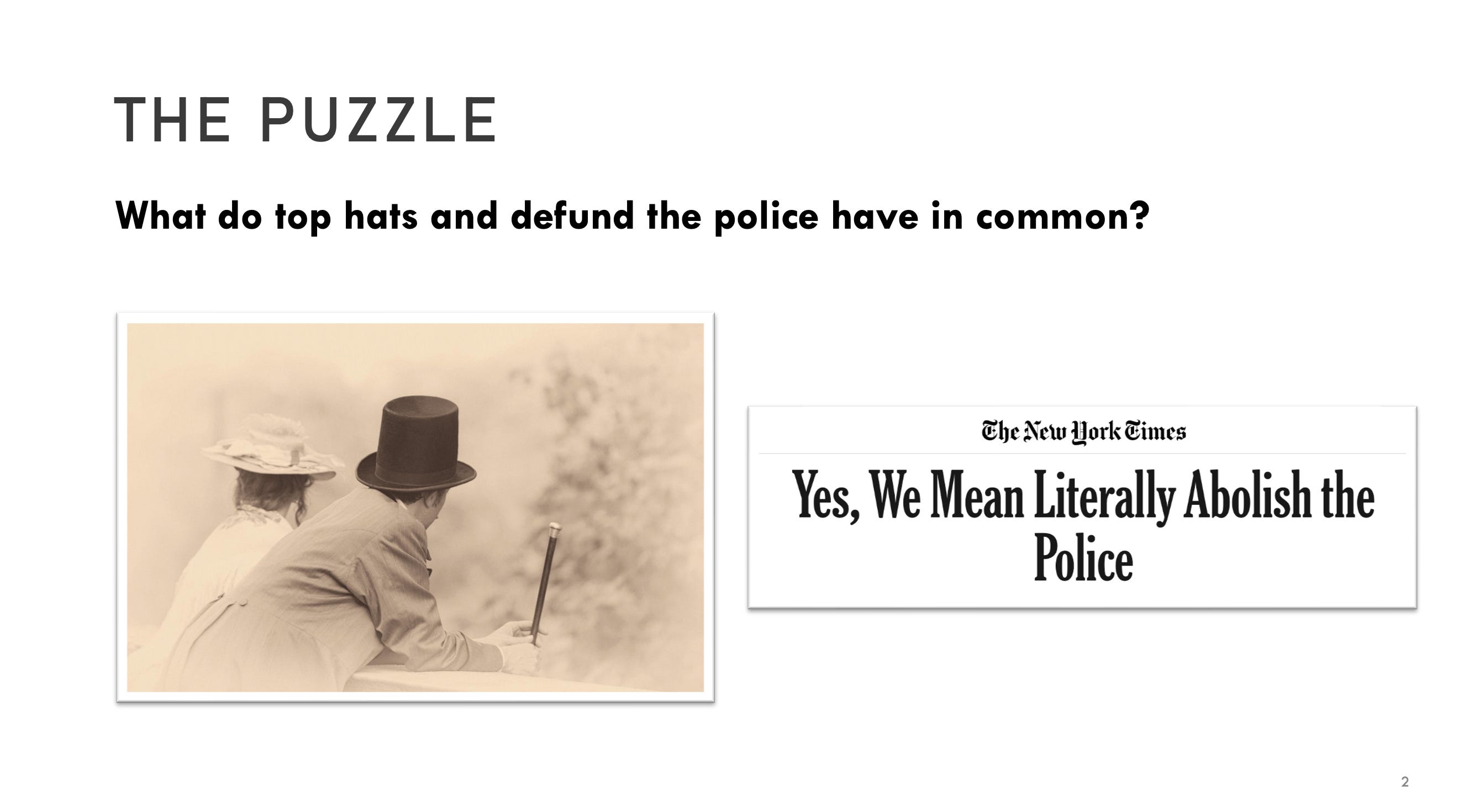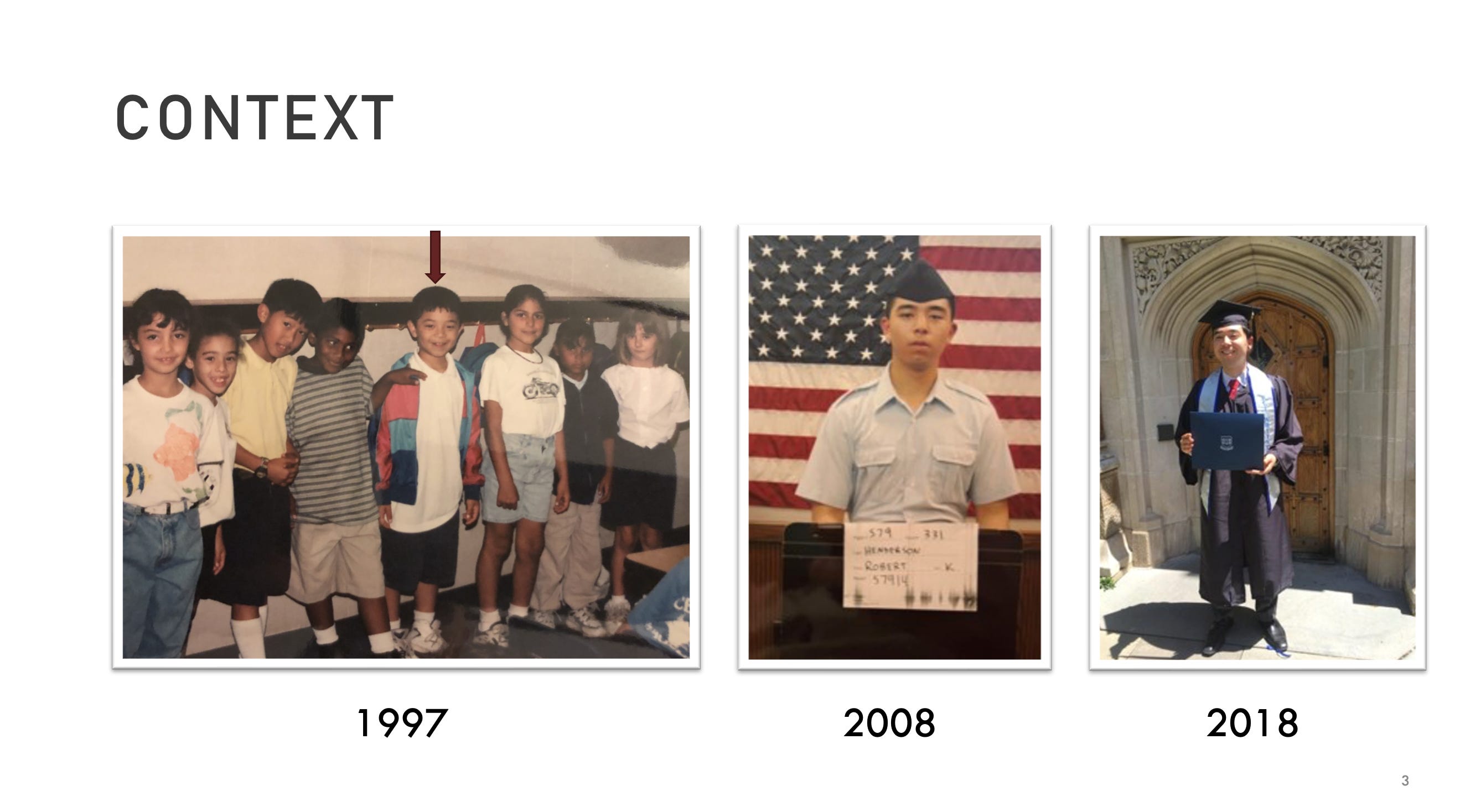I had been wondering where the term, and concept, Luxury Beliefs came from. It was this guy.
From Rob Henderson's Newsletter substack, June 12, 2022:
The struggle for distinction
Here is the transcript of a talk I recently delivered at Nudgestock, the world’s biggest behavioral science festival.
Let’s start with a question: What do top hats and “defund the police” have in common?

Before we explore it, I’ll very briefly tell you about my unusual background.
Currently, I’m a doctoral candidate in psychology at Cambridge and a faculty fellow at the University of Austin. And before this, I studied psychology at Yale as an undergraduate.
But before entering these universities, my life was a lot different.
I was born into poverty and grew up in foster homes in Los Angeles and all around California. I fled as soon as I could at age 17, enlisting in the military right after high school.

I then attended Yale on the GI Bill. That was a very different environment for me.
At Yale, there are more students from families in the top 1 percent of the income scale than from the entire bottom 60 percent.*****Throughout my experiences traveling along the class ladder, I made a discovery:Luxury beliefs have, to a large extent, replaced luxury goods.
Luxury beliefs are ideas and opinions that confer status on the upper class, while often inflicting costs on the lower classes.
In 1899, the economist and sociologist Thorstein Veblen published a book called The Theory of the Leisure Class.
Drawing on observations about social class in the late nineteenth century, Veblen’s key idea is that because we can’t be certain about the financial status of other people, a good way to size up their means is to see whether they can afford expensive goods and leisurely activities.
This explains why status symbols are so difficult to obtain and costly to purchase.
In Veblen’s day, people exhibited their status with delicate and restrictive clothing like tuxedos, top hats, and evening gowns, or by partaking in time-consuming activities like golf or beagling.
These goods and leisurely activities could only be purchased or performed by people who did not work as manual laborers and could spend their time and money learning something with no practical utility.
Veblen even goes so far as to say, “The chief use of servants is the evidence they afford of the master’s ability to pay.” For Veblen, butlers are status symbols, too.
In short, his idea was about how economic capital was often converted into cultural capital.
These findings were later echoed by the renowned French sociologist Pierre Bourdieu in his 1979 book Distinction: A Social Critique of the Judgment of Taste.
In his body of work, Bourdieu described how “distance from necessity” characterized the affluent classes. In fact, Bourdieu coined the term “cultural capital.”
Once our basic physical and material needs are met, people can then spend more time cultivating what Bourdieu called the “dispositions of mind and body” in the form of intricate and expensive tastes and habits that the upper classes use to obtain distinction....
....MUCH MORE